Utilization of Fishery Waste as Value Added Products for a Sustainable Economy
By. Ely Kusniawati - 22 Sep 2025.jpg)
Kelolalaut.com The fisheries sector contributes significantly to global food security and economic growth. However, one of the persistent challenges in this industry is the generation of large amounts of waste, including fish heads, bones, skin, scales, viscera, and shells from crustaceans. If not properly managed, fishery waste can cause environmental pollution and pose health risks. On the other hand, with the right processing and innovation, this waste can be transformed into value-added products that support a sustainable economy.
Types of Fishery Waste
Fishery waste generally comes from two sources: capture fisheries and aquaculture processing. The most common by-products include:
- Fish heads and bones, which are rich in calcium and proteins.
- Fish skin and scales, sources of collagen and gelatin.
- Viscera (internal organs), often used for fish oil and enzymes.
- Shells of shrimp, crab, and lobster, containing chitin and chitosan with various industrial uses.
Instead of discarding these materials, modern processing technologies allow industries to convert them into high-value products.
Value Added Products from Fishery Waste
1. Collagen and Gelatin
Extracted from fish skin and scales, collagen is widely used in the cosmetic, pharmaceutical, and food industries. Gelatin, a derivative, serves as a gelling agent in desserts, capsules, and confectionery.
2. Fish Oil and Omega-3 Supplements
Fish viscera and by-products are rich in essential fatty acids like EPA and DHA, which are processed into fish oil supplements for heart and brain health.
3. Animal Feed and Fertilizer
Fish bones and offal can be processed into fish meal, an important ingredient in poultry, livestock, and aquaculture feed. Fermented waste is also turned into organic fertilizer to support sustainable agriculture.
4. Chitin and Chitosan
Derived from crustacean shells, chitosan is a valuable material used in water purification, biodegradable packaging, wound healing, and even food preservation.
5. Bioenergy and Biogas
Fermentation of fishery waste can generate biogas as an alternative energy source, contributing to renewable energy development and reducing dependence on fossil fuels.
Economic and Environmental Benefit
Utilizing fishery waste provides dual advantages:
- Economic value: Waste becomes a raw material for profitable industries, creating new job opportunities and income streams.
- Environmental protection: Reduces organic pollution in coastal areas and prevents waste accumulation in landfills or oceans.
- Sustainability: Supports the concept of a circular economy, where resources are reused and recycled rather than wasted.
Challenges and Future Directions
Despite its potential, fishery waste utilization faces challenges such as lack of infrastructure, limited technology in small-scale industries, and low awareness among stakeholders. To overcome these issues, stronger collaboration between government, academia, and private sectors is essential. Investment in research, technology transfer, and training for coastal communities can further maximize the value of fishery waste.
The utilization of fishery waste as value-added products is more than just waste management—it is a pathway to sustainable economic growth. By transforming by-products into collagen, fish oil, fertilizers, chitosan, and renewable energy, the fisheries sector can achieve higher efficiency, reduce environmental impacts, and contribute to a greener, circular economy. With innovation and commitment, what was once considered waste can truly become wealth.
If youre interested in our Emperor Whole Round / Whole Gilled Gutted Scale , Emperor Red Spot Whole Round / Whole Gilled Gutted Scale , Emperor Grass Whole Round / Whole Gilled Gutted Scale , Emperor Fillet Skinless and Emperor Fillet Skin On do not hesitate to contact us through email and/or Whatsapp
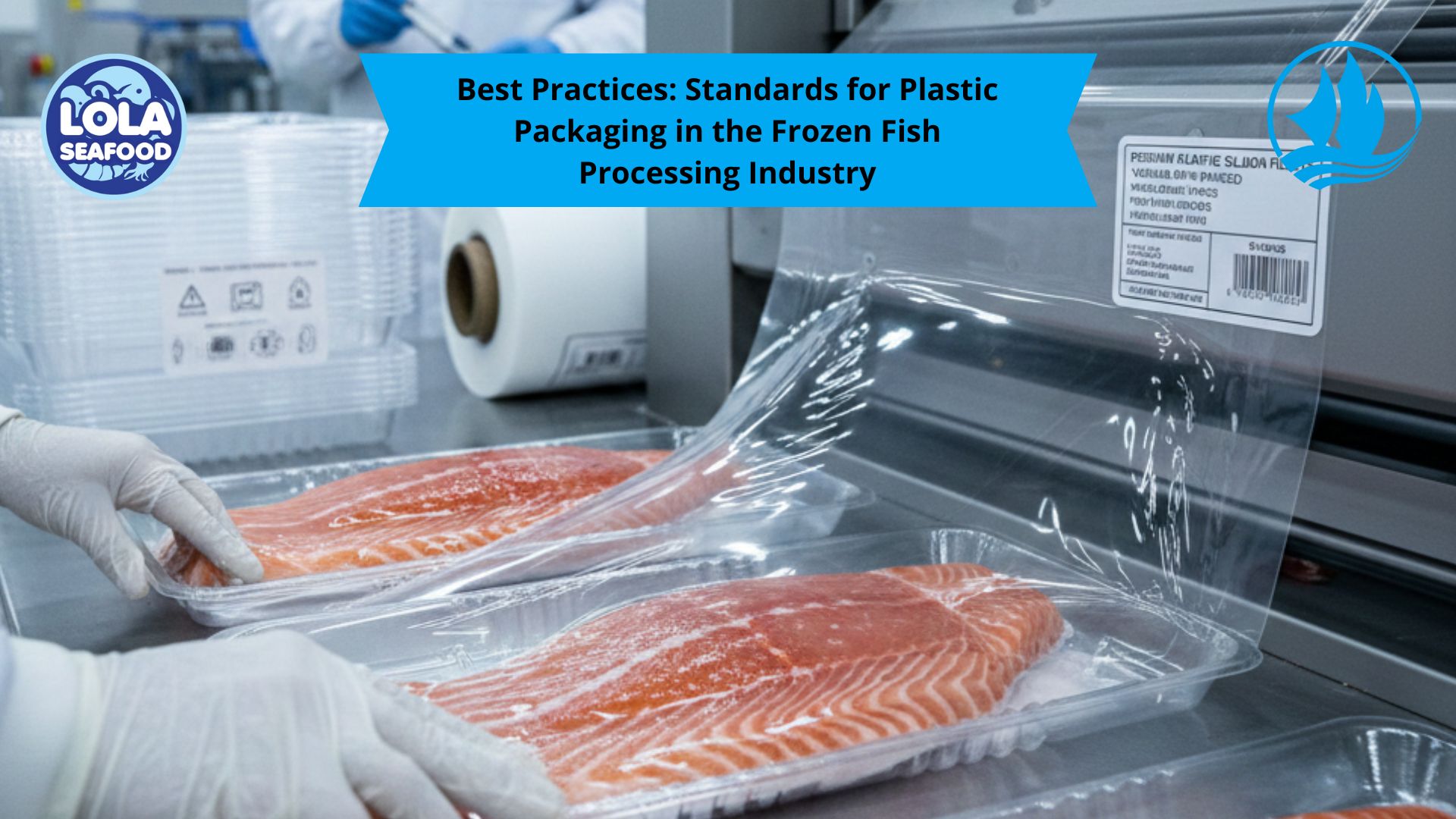
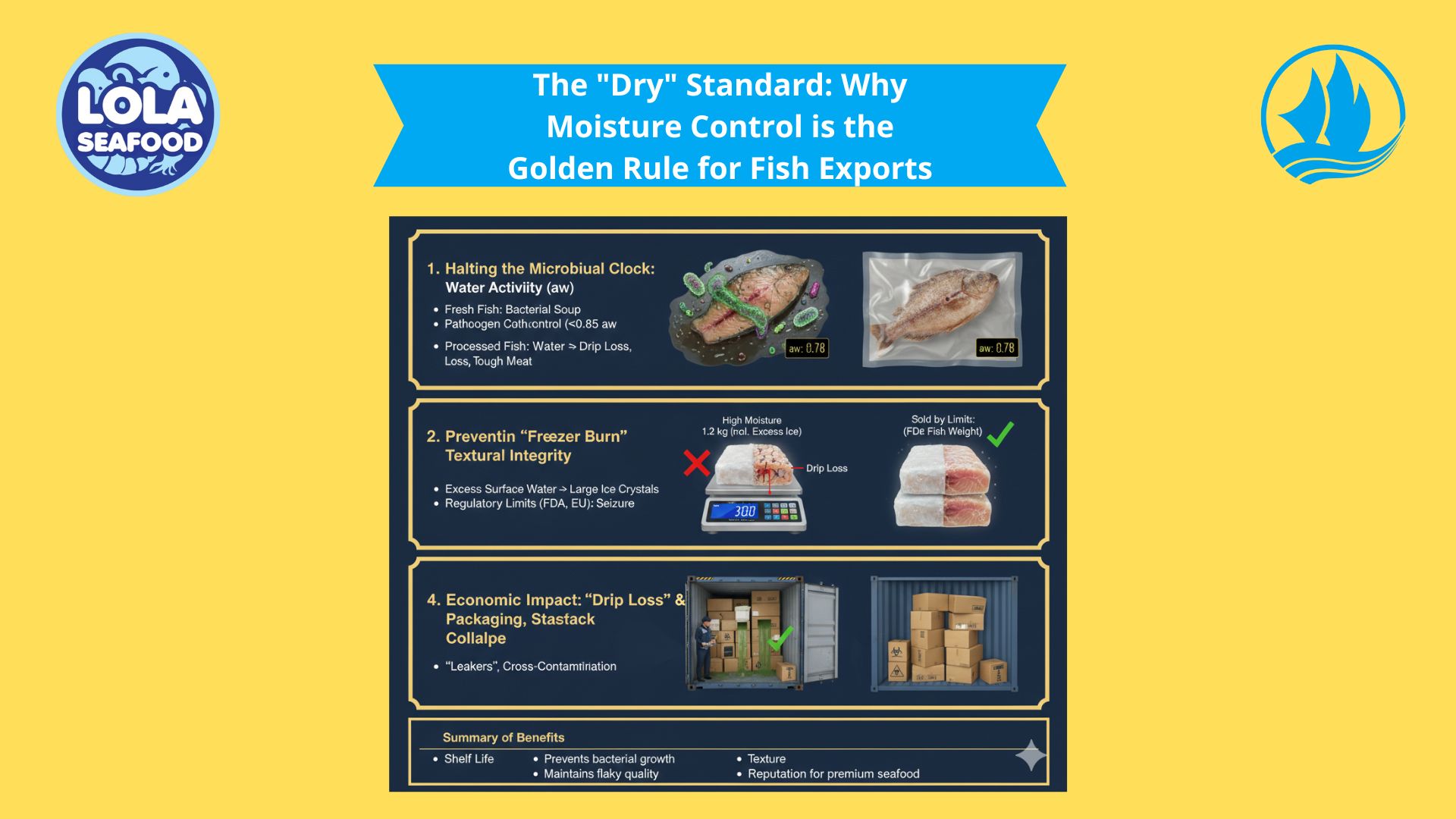
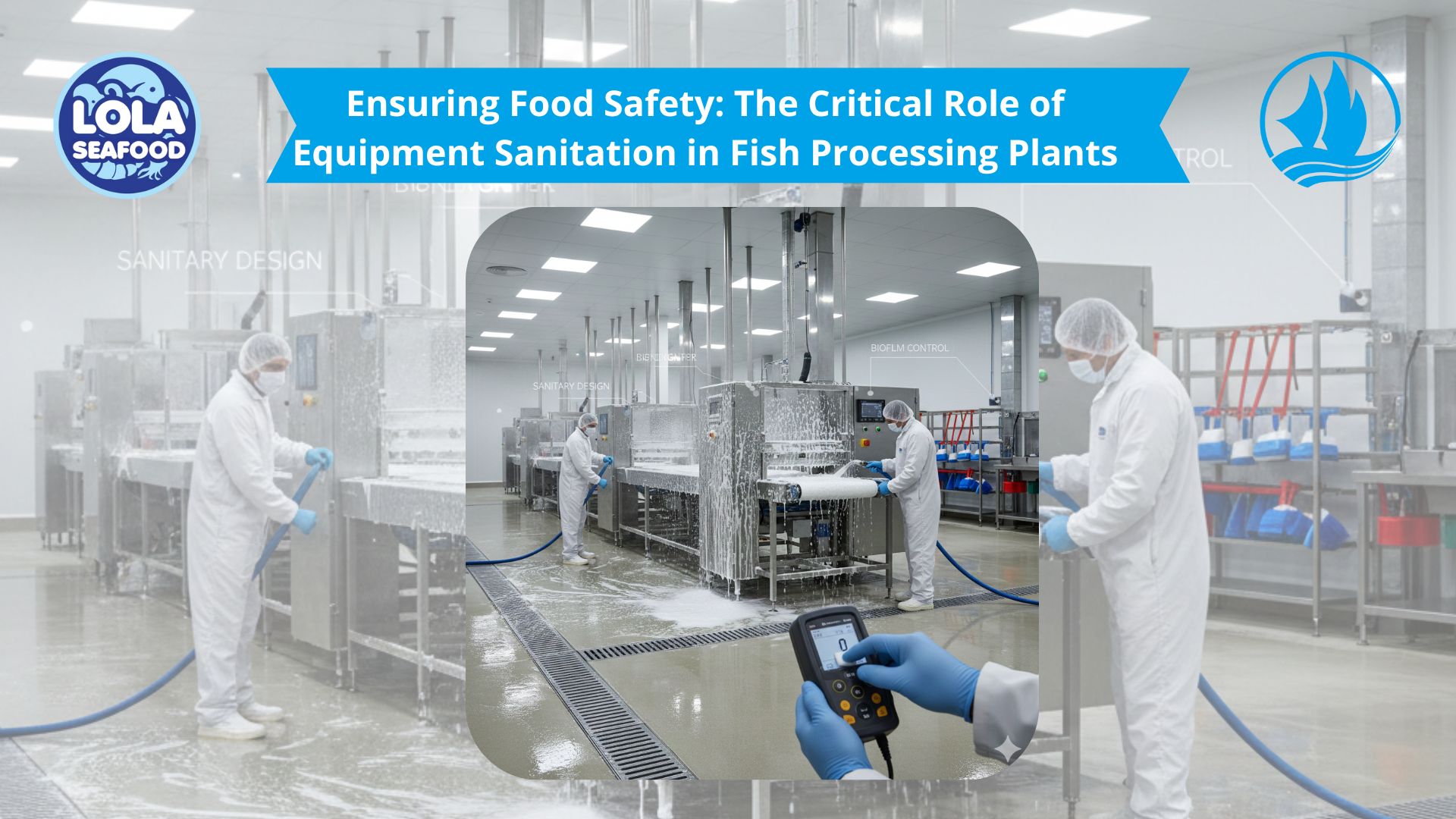
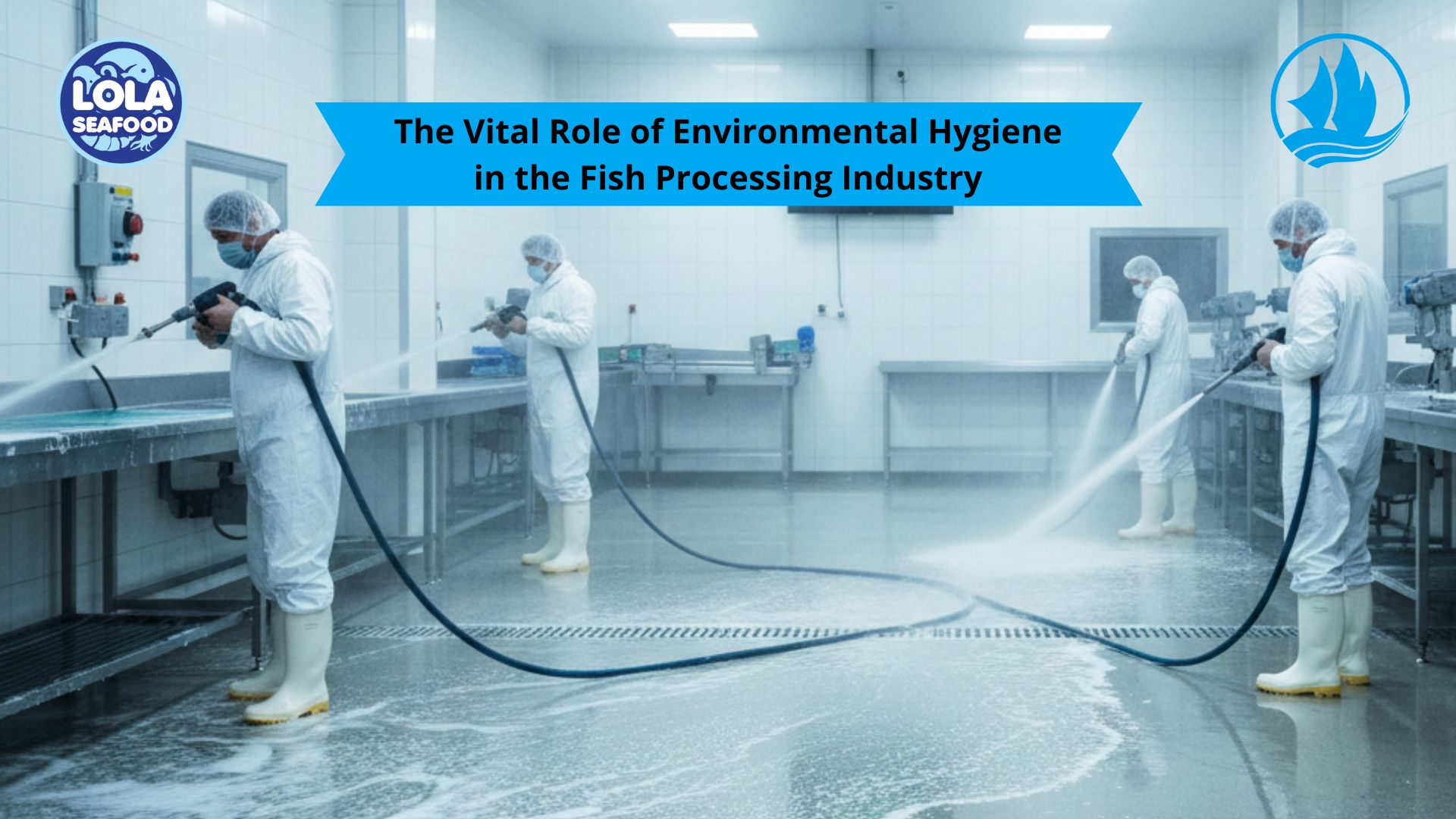
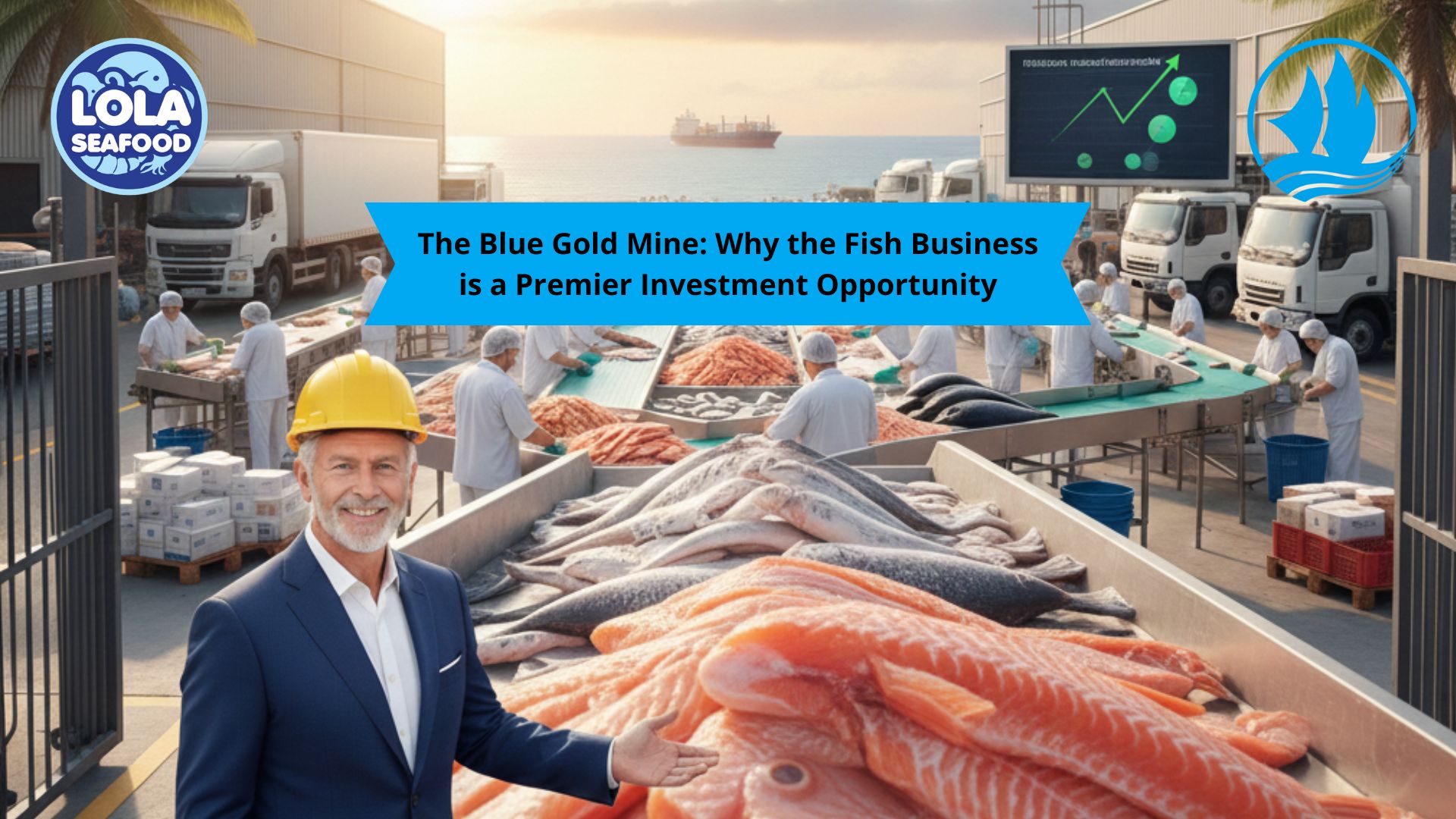
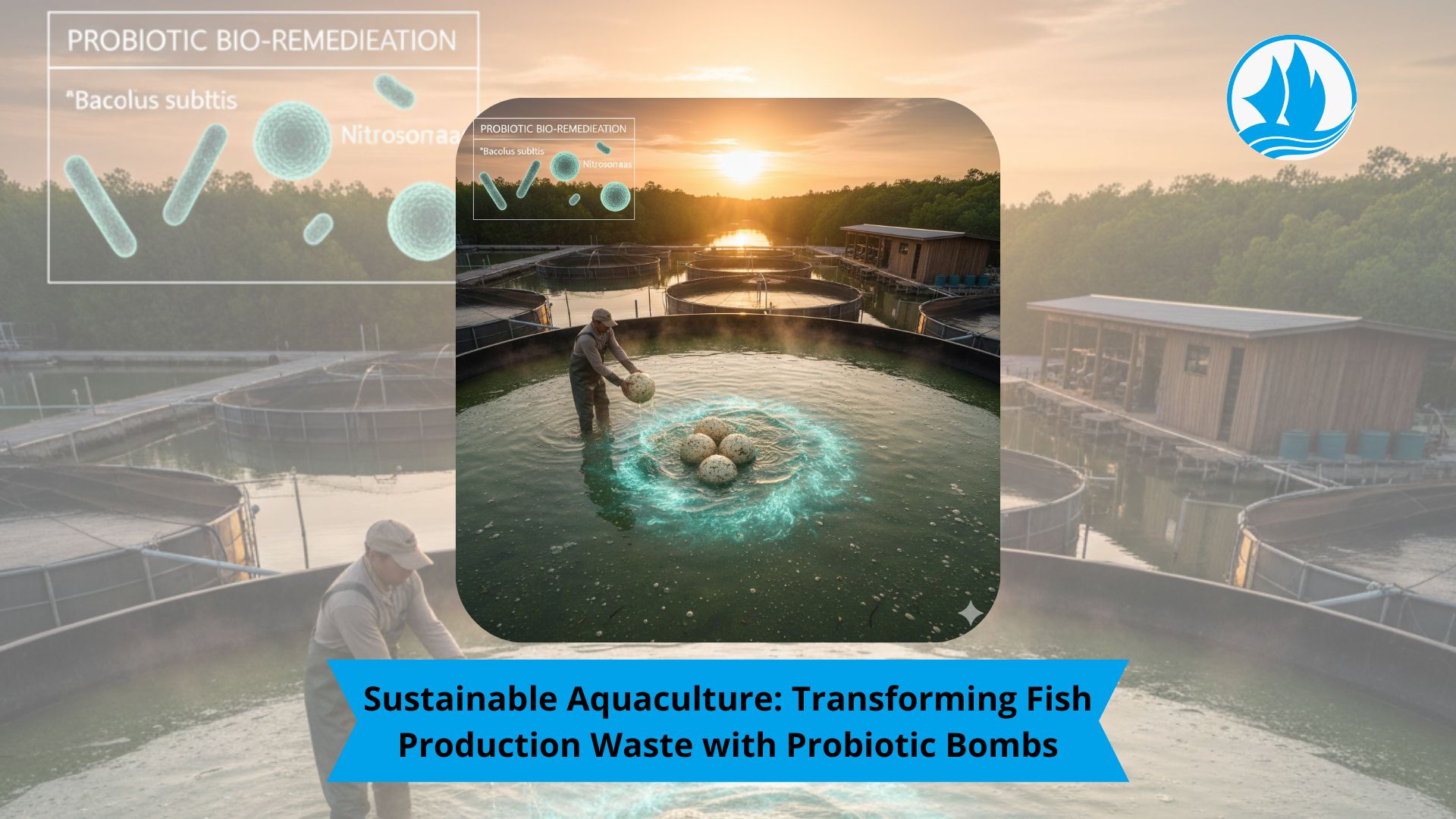
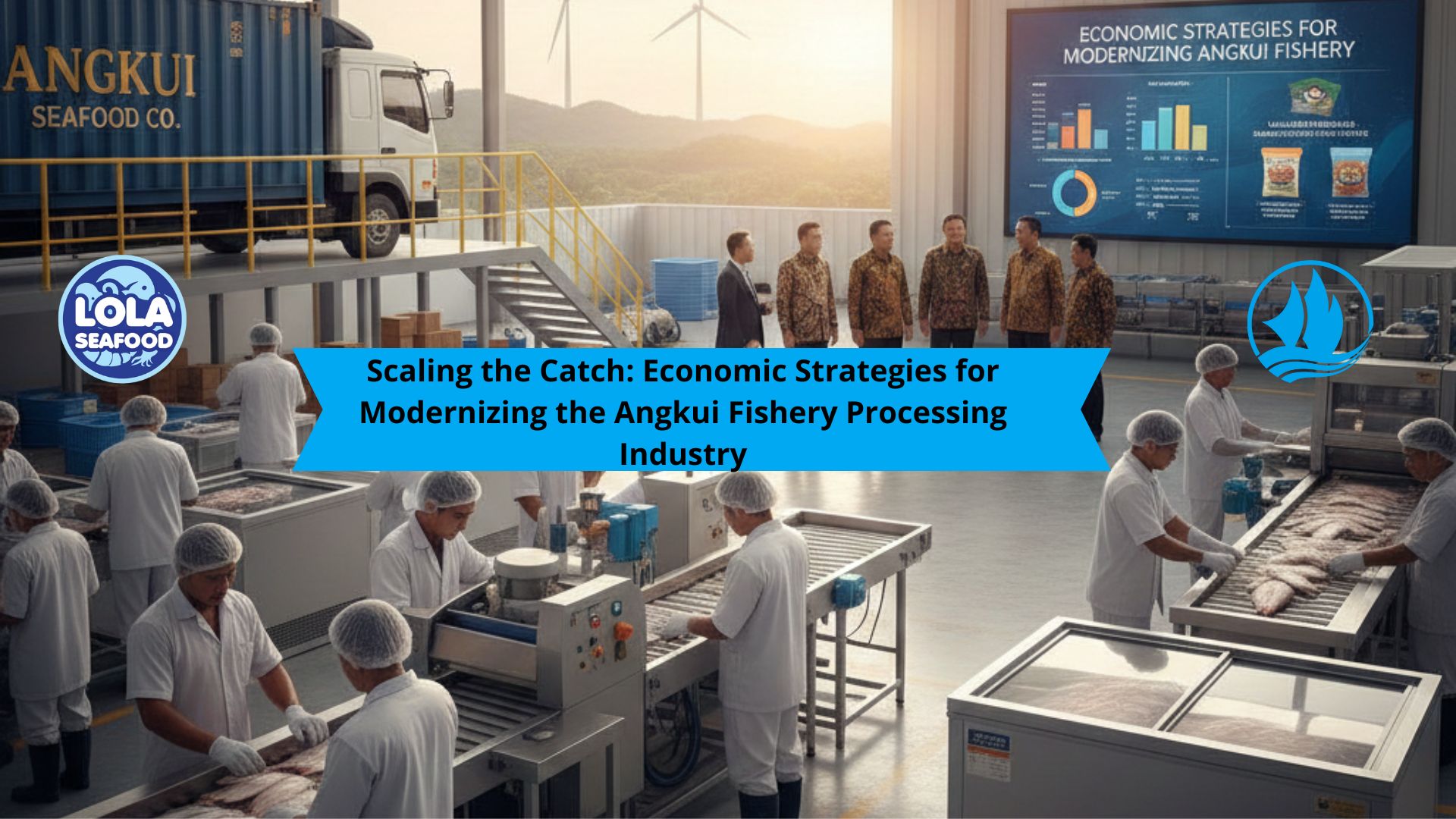
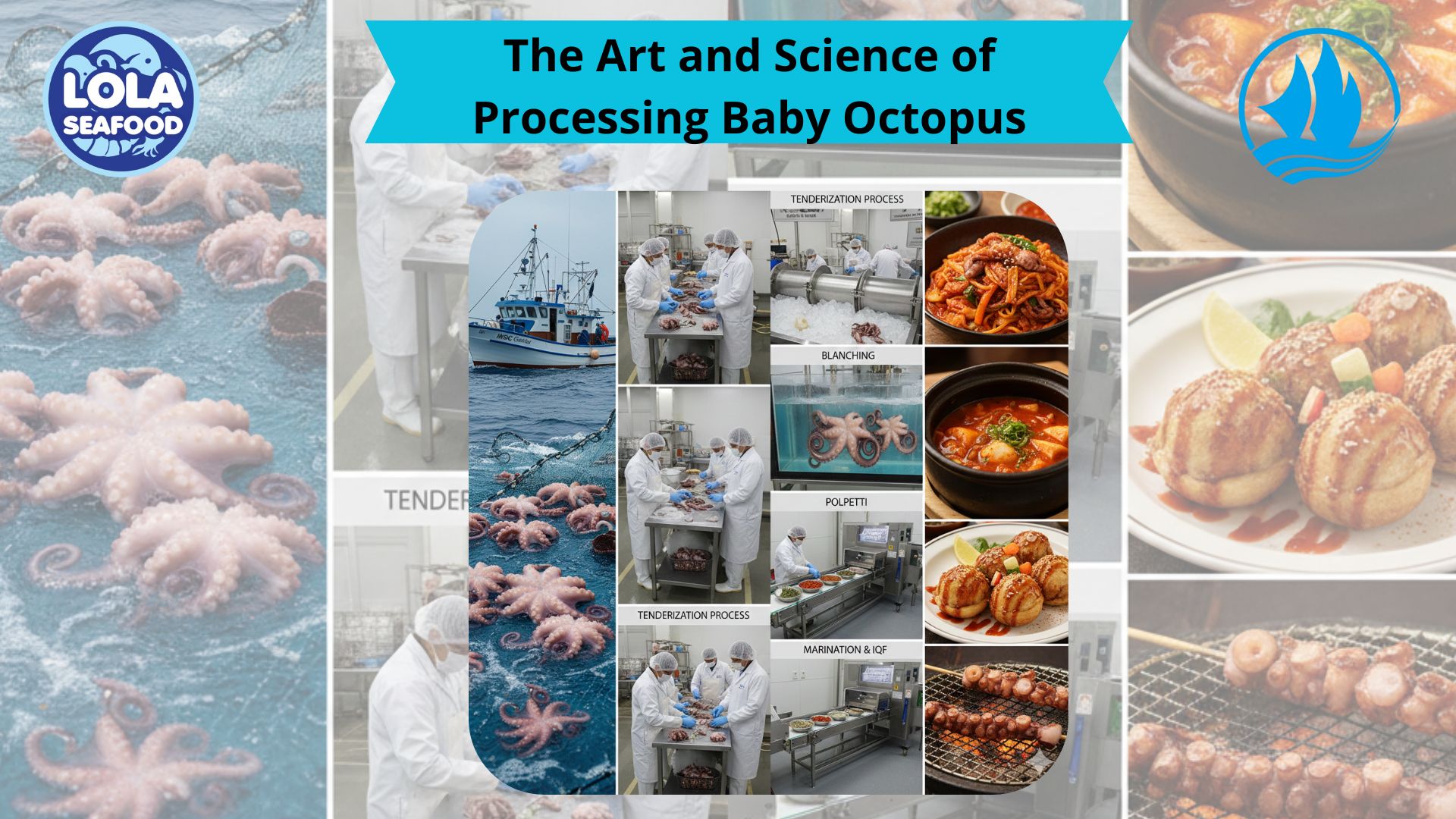
 in Modern Fish Processing Industries.jpg)